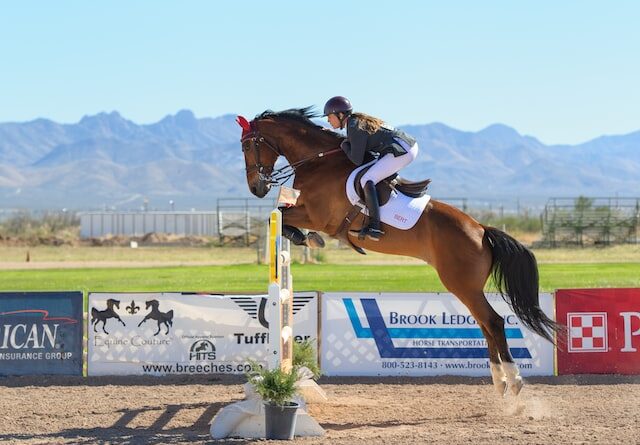How Long Do Racing Horses Live
Race horses are some of the most finely tuned athletes in the world. They have to be fast, but they also have to have stamina and endurance. So how long do these amazing creatures live? on average, racing horses live between 13 and 20 years old. But there are always exceptions to every rule, and some race horses have been known to live well into their 30s!
The average racing horse lives between 5 and 10 years old
Rarely do we think of the life expectancy of race horses, yet these majestic creatures have a finite time on this earth. It’s believed that the average racing horse lives between 5 and 10 years old due to extreme physical demands on their joints and bones. While they may show signs of aging later on in life, many race horses can run competitively up until 8-9 years old depending on their level of care given by their handlers and veterinarians. It’s for this reason that it is so important for horse owners and riders to be aware of how to best take care of their animals in order to ensure they live a happy and healthy life.
Some horses may live longer if they are retired to a life of leisure
Horses have been used for recreational and agricultural purposes for hundreds of years, so it stands to reason that long-serving horses could benefit from a change of pace in their golden years. Many horse owners opt to retire their horses once they reach a certain age – whether it’s due to an illness or simply the age of the horse – allowing them to lead more relaxed lives away from work. This can often mean they live considerably longer than horses with active workloads. Retired horses tend to feed well and enjoy the companionship of other animals, making a big difference to their quality of life while also improving their longevity.
The oldest recorded racehorse was 33 years old when he died
The oldest recorded racehorse in history was an incredible 33 years old when he passed away. His name was Cornerstone and, even at such a ripe old age, he still proudly and fiercely galloped around the track faster than some much younger horses. Not only was his spirit incomparable, but his loyalty and outrageous confidence were unrivalled in the racing world. His jockey, who had been riding him since day one, frequently declared that Cornerstone could easily compete with the best of them and that he didn’t seem to age – only grow more confident in himself. Cornerstone truly left a lasting impact on the entire world of horse racing and will be remembered for years to come for his record-breaking age.
Most racehorses are euthanized due to injuries or poor performance
Racehorses provide an incredible opportunity for speed, beauty, and grace in athletic competitions, but unfortunately, many meet an early and tragic end due to injury or poor performance. Even a single fall can lead to chronic issues that can’t be treated effectively. Furthermore, racehorses typically specialize in one type of competition and if they don’t demonstrate the desired results quickly enough for their owners, trainers may opt for euthanasia rather than continue training them. This harsh reality highlights how important it is for those involved in horse racing to consider the wellness of the animals being raced – both when they achieve great success, as well as when their performance falls short.
There are several sanctuaries for retired racehorses that allow them to live out their days in peace
It is a wonderful thing to recognize the spirit of retired racehorses and be able to offer them a place to live out their days in peace and love. While these creatures were used for a purpose, such as competing in races, they are so much more than that: racehorses have feelings, dreams and hopes of their own. Sanctuaries for retired racehorses enable former competitors to remain social and feel fulfilled by receiving care from devoted humans. These sanctuaries provide a safe home for horses to heal physically, mentally and emotionally after leaving the racing industry behind. It is remarkable that people care enough to offer these animals an opportunity to regain trust in humans as well as inner peace, no matter how many years after retirement come around.
While the average racing horse only has a short life, there are things that can be done to prolong their time. For example, some horses may live longer if they are retired to a life of leisure. The oldest recorded racehorse was 33 years old when he died. Most racehorses, however, are euthanized due to injuries or poor performance. There are several sanctuaries for retired racehorses that allow them to live out their days in peace. If you love horses and want to help prolong their lives, consider donating to one of these sanctuaries.

